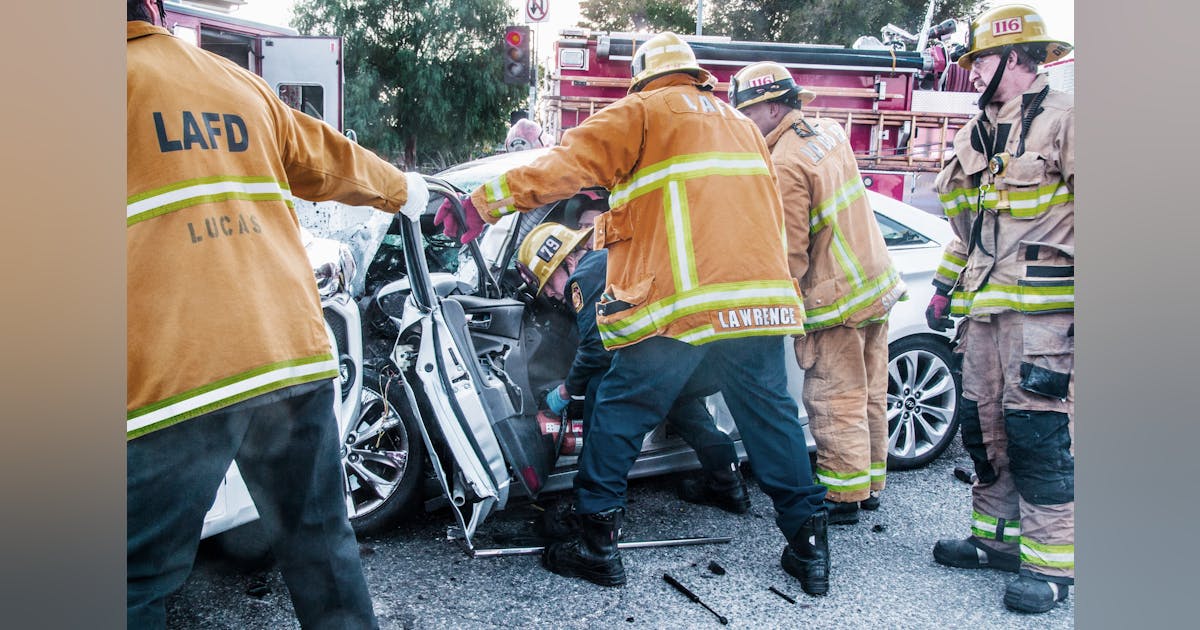For firefighters who want to improve their overall health and well-being, there are several points to consider before adopting this type of feeding pattern.
The keto diet is high in saturated fat, which is an advocate for increasing the risk of cardiovascular problems and other long-term health problems. Since the unfortunate nature of heart attacks is the leading cause of death among firefighters, consuming a diet high in saturated fats deserves thorough consideration.
Many people who try this diet claim significant weight loss initially, especially during the first week they are on the program. However, it is important to keep in mind that when carbohydrates are stored in the body, a lot of water is needed to do so. When the body does not store carbohydrates, it does not store as much water. Therefore, a lot of water is initially lost and the number of stairs goes down. The point here is twofold: initial weight loss is primarily derived from water, and water intake is even more important to prevent dehydration.
The brain prefers carbohydrates as its main source of energy. As the body gets used to taking in fewer carbs, another common symptom is fatigue and brain fog, known as “keto flu.” These symptoms usually tend to dissipate after several days.
Another potential problem is a lack of fiber, which often causes gastrointestinal problems.
What might be the most important consideration of all is the power of carbohydrates as a source of fuel in high intensity situations. Think of a quick sprint or high jump, or in a firefighting scenario, climb several flights of stairs as fast as possible, or use all your strength to get someone out of a burning building. Carbohydrates are the fastest form of energy available in the body. Significantly reducing carbohydrates in the diet means that the body does not have adequate amounts of glucose, which makes it extremely difficult to have fast energy for these high-intensity situations. When the body does not have this fast energy, a person may simply not be able to perform these tasks with as much force or efficiency as otherwise.
In addition, firefighters have very irregular jobs. You might be sitting for a minute watching a football game on TV; Apparently, in the blink of an eye, you can be on stage cutting a car, climbing several flights of stairs, or grabbing a handrail for what seems like an eternity. What began as a peaceful change can become very difficult and demanding, both physically and mentally.
Simply put, due to the unpredictable day-to-day life of a firefighter, you can benefit from feeding yourself carbohydrates for optimal energy and performance in the event of an emergency that requires significant effort.
Lifestyle versus quick fix
As with any diet, there is no one-size-fits-all approach. Feeding patterns that work for one person may not work for another. In fact, two people could eat exactly the same foods and exercise exactly the same amount and see different results.
Before jumping into the ketogenic trend, or any diet, just in case, it is vital that you ask yourself these questions:
Is this sustainable? Will it support my goals, physical demands, and lifestyle? Will I enjoy it?
If your goal is to improve your health, the emphasis should be on a lifestyle change rather than a short-term change. Many people tend to fall into the same eating habits once they complete their diet (think of a 30-day diet challenge) or when they throw in the towel because the diet is too restrictive. If your diet doesn’t support your activity levels, you may find yourself running low on energy, not improving your gym, or not being able to do your full potential.
Finally, believe it or not, a diet should not be completely miserable to follow.
Instead, focus on finding an individualized approach that works for you. Instead of “trend” or what others are doing, try looking at it from a different lens. Incorporate whole, unprocessed foods to make up the bulk of your diet while making room for fun foods that you really like but aren’t as nutritious.
As firefighters, it’s vital to always be prepared when the alarm goes off, both mentally and physically, which includes proper nutrition and provisioning.


Comments are closed.